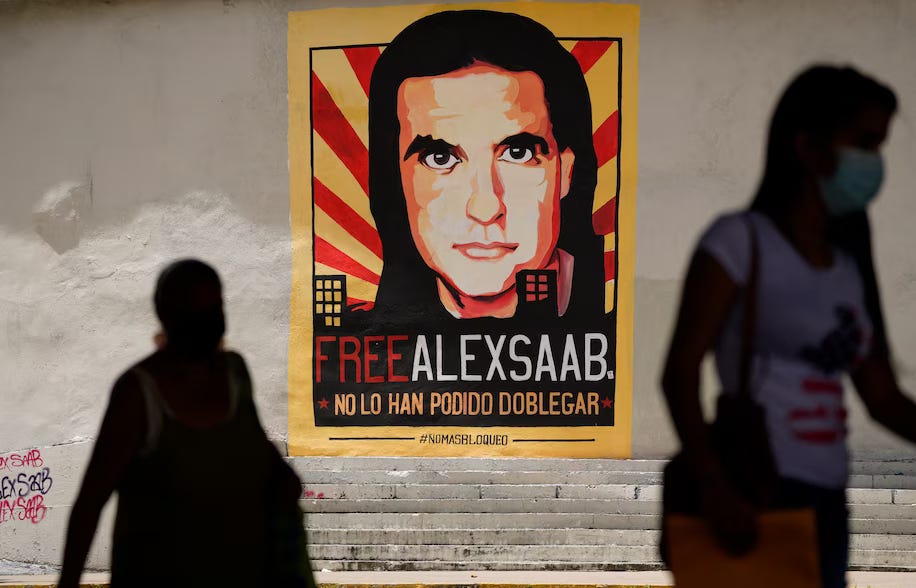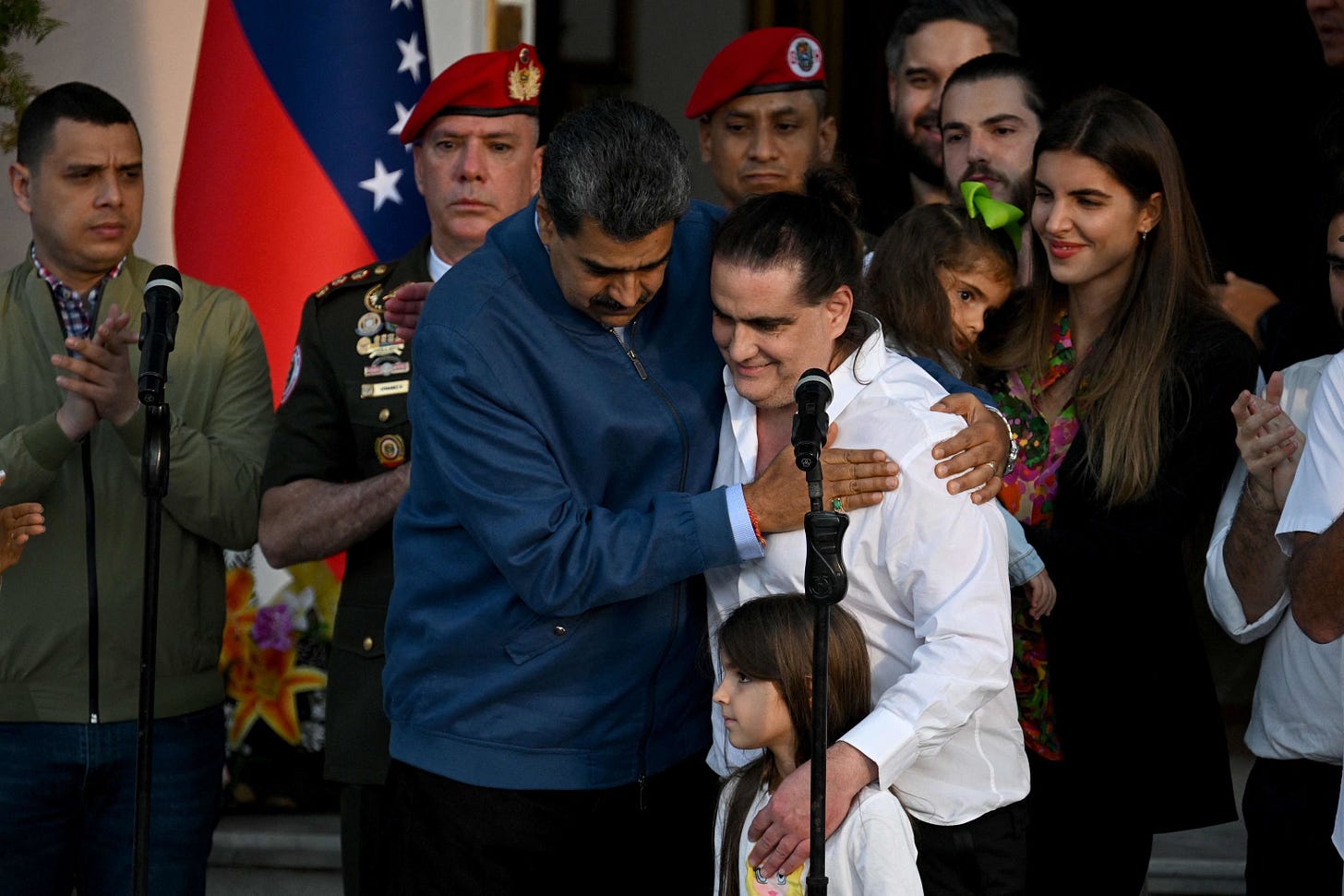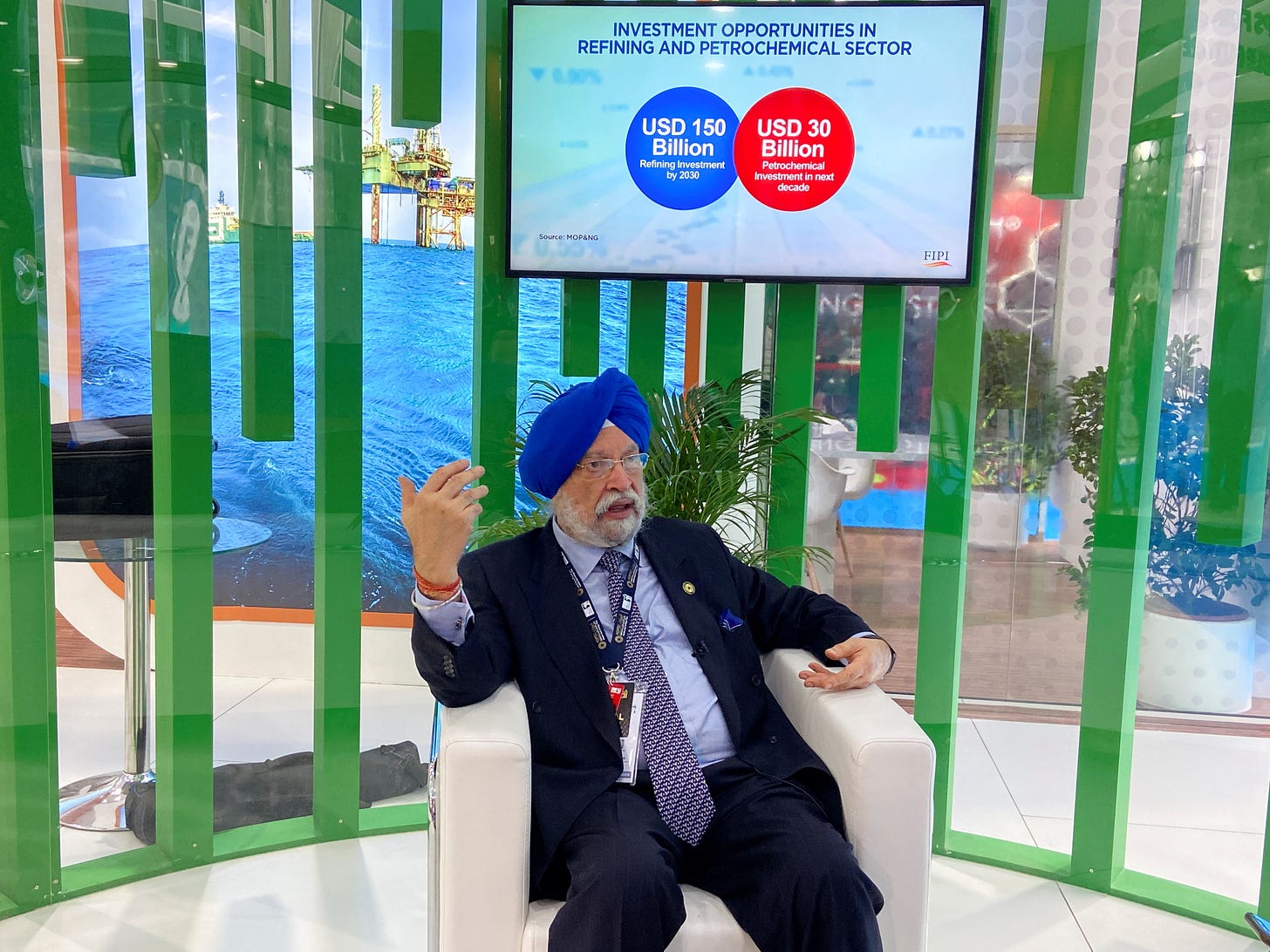US-Venezuela Prisoner Swap: A Deft Diplomatic Manoeuvre

Major Prisoner Exchange between the US and Venezuela
What Happened? In a surprise diplomatic move, the United States and Venezuela have conducted a major prisoner exchange. The Biden administration released Alex Saab, a close ally of Venezuelan President Nicolás Maduro, in exchange for 10 Americans imprisoned in Venezuela and the return of the infamous fugitive Leonard Glenn Francis, known as "Fat Leonard," convicted in an embarrassing Pentagon Naval bribery scandal.
The Deal: National Interests and Diplomatic Maneuvers
Two Sides of the Deal The recent prisoner exchange between the U.S. and Venezuela indeed highlights the pragmatic approach often adopted in foreign policy, where national interests can supersede idealistic values. This pragmatism was evident when the U.S. eased sanctions on Venezuela, allowing its oil to re-enter the international markets. This move was strategic, aimed at reducing the global market share of Russian oil, especially in the context of heightened geopolitical tensions.
Simultaneously, in South America, Venezuela's assertive stance towards Guyana concerning the disputed, resource-rich Essequibo region has been a point of regional tension. This situation was notably mitigated through Brazilian mediation. The U.S. State Department's approach in this matter seemed to adopt a "hands-off" strategy, possibly to maintain a broader perspective on regional stability and its own geopolitical interests.
Such developments underscore the complex nature of international relations, where strategic interests, economic considerations, and diplomatic engagements often intertwine. These scenarios reveal the multifaceted dimensions of diplomacy, where actions are driven not solely by principles but also by the practicalities and realpolitik of the global stage.
Significance of Alex Saab's Release
Alex Saab, a Colombian businessman, was a high-profile target for the U.S., accused of siphoning off about $350 million from Venezuela via the United States in a scheme that involved bribing Venezuelan government officials. He had been detained in a federal jail in Miami since October 2021, awaiting trial on these charges, even as the official Venezuelan request for his “diplomatic immunity” had been rejected. Saab's release, approved by U.S. President Joe Biden, was part of this prisoner exchange deal with Venezuela, marking a significant concession to President Nicolás Maduro's administration.
Upon his return to Caracas, Saab was welcomed in a triumphant manner. He was first greeted on the airport tarmac by Maduro's wife and then received at the Miraflores Palace, the Presidential Palace in Caracas, by Maduro himself. This reception was seen as a symbol of Maduro's commitment to his allies and could help bolster domestic support for his administration. Saab expressed gratitude to the Venezuelan government for not abandoning him and stated that Maduro's administration would never surrender.

'Fat Leonard' and the Pentagon Scandal
Leonard Glenn Francis, known as "Fat Leonard," is a central figure in one of the largest bribery scandals in the history of the U.S. Navy. His return to U.S. custody from Venezuelan authorities is a significant moment in addressing this extensive scandal and completion of the due process of law.
The scandal involved Glenn Defense Marine Asia (GDMA), a ship support contractor led by Francis, an enigmatic figure who is 6-foot-3 and weighed 500 pounds before he slimmed down to 350 pounds after gastric bypass surgery. It was revealed that GDMA had been overcharging the Navy for services and goods, and in some instances, billing for services that were not provided. The investigation into GDMA's activities uncovered that Francis, a Malaysian national, and his company bribed numerous Navy officials with cash, gourmet food, expensive cigars, rare cognac, and hotel sex parties in exchange for classified information and contracts. These actions led to GDMA defrauding the Navy of more than $35 million.
The scope of the inquiry and prosecutions in this scandal was vast. Since 2013, 31 people have been criminally charged in connection with the scandal. More than 440 individuals, including 60 admirals, were scrutinized under the inquiry. Several high-ranking officers, including Rear Admiral Robert Gilbeau, were convicted. Gilbeau became the first Navy admiral in modern American history to be convicted of a felony while on active duty.
Francis himself pleaded guilty to using his contacts within the U.S. Navy to obtain classified information and defraud the Navy of tens of millions of dollars. He admitted to overcharging the Navy and agreed to forfeit $35 million in personal assets. He faced a maximum prison sentence of 25 years.
In a dramatic turn of events, Francis escaped house arrest in September 2022 by cutting off his ankle monitor. His escape was particularly bold, considering he was due for sentencing later that month. He was eventually recaptured in Venezuela, at the Simón Bolívar International Airport outside Caracas, 17 days after his escape, and has continued to be in custody since then.
The recent prisoner swap, which saw his extradition to the U.S., marks a crucial step in addressing the aftermath of the scandal that severely embarrassed the Pentagon and exposed significant vulnerabilities in the Navy's contracting processes.
Role of Qatar in Mediation
Qatar played a significant role in mediating the prisoner swap deal between the United States and Venezuela. The State of Qatar announced its successful mediation efforts, leading to the exchange of ten American prisoners for a Venezuelan prisoner. This diplomatic achievement was facilitated by a series of mediation sessions between the two nations.
Qatar's Minister of State for Foreign Affairs, Mohammed bin Abdulaziz bin Saleh Al Khulaifi, highlighted the success of these efforts. He expressed Qatar's gratitude to both the United States and the Bolivarian Republic of Venezuela for their cooperation and responsiveness to the Qatari mediation. This step is seen as part of Qatar's broader efforts to address outstanding issues between the two countries.
Qatar's role in this prisoner exchange is a continuation of its significant contributions to global peacemaking and stability. The nation has been involved in various important mediation efforts in recent years, including talks between the United States and the Taliban, and between Iran and the United States, as well as peace negotiations in Lebanon, Sudan, Chad, and efforts to achieve a Hamas-Israel ceasefire in the Gaza Strip.
Broader Implications: Diplomacy and National Priorities
Global Diplomacy and National Interests These events highlight the intricate nature of global diplomacy, where nations navigate a maze of competing interests and principles. India, for instance, stands to benefit through cheaper Russian oil imports and the settlement of pending oil investment dividends with a Venezuelan state oil company, previously frozen due to sanctions .
The Art of Diplomacy: Balancing Acts and Back-Channel Negotiations Diplomacy often involves intricate balancing acts, where public statements and official positions might diverge from behind-the-scenes negotiations. The full details of such deals typically emerge only when they are concluded and publicly revealed, showcasing the art of the possible in international relations.
Conclusion: Navigating the Complex World of International Relations
Diplomacy: The Art of the Possible This prisoner exchange between the US and Venezuela demonstrates how diplomacy operates in the realm of what is feasible, often requiring complex trade-offs. It serves as a reminder that in the world of international politics, actions and negotiated deals often carry more weight than public rhetoric, which tends to be couched in diplomatic terms.
.





